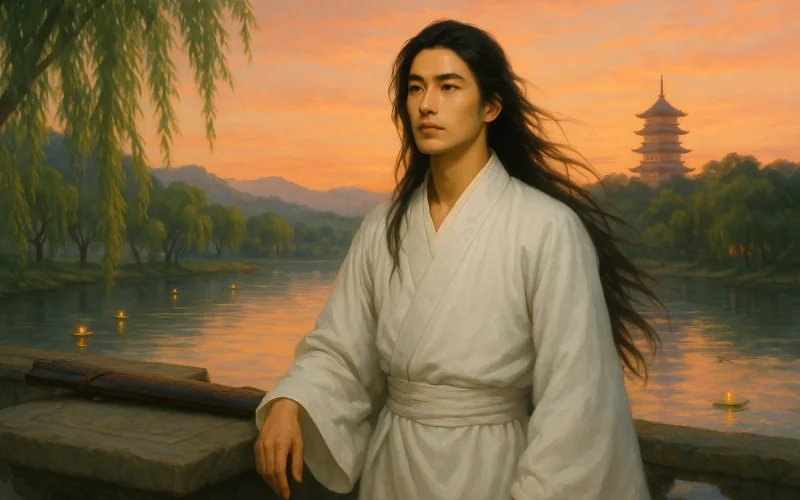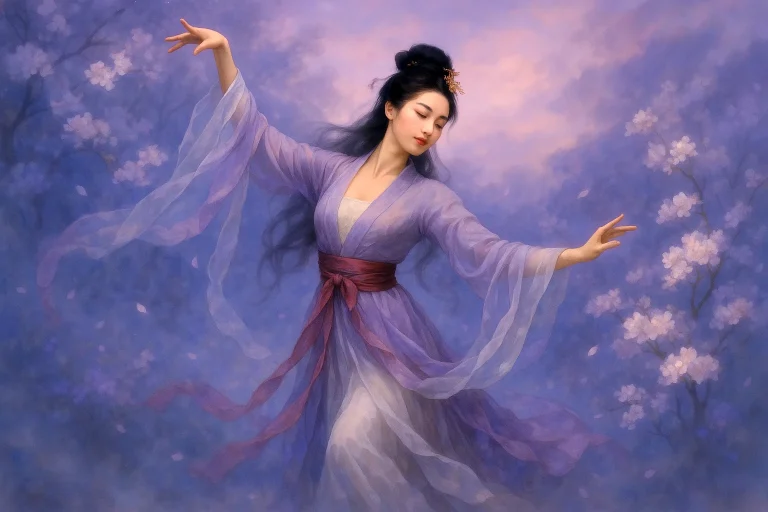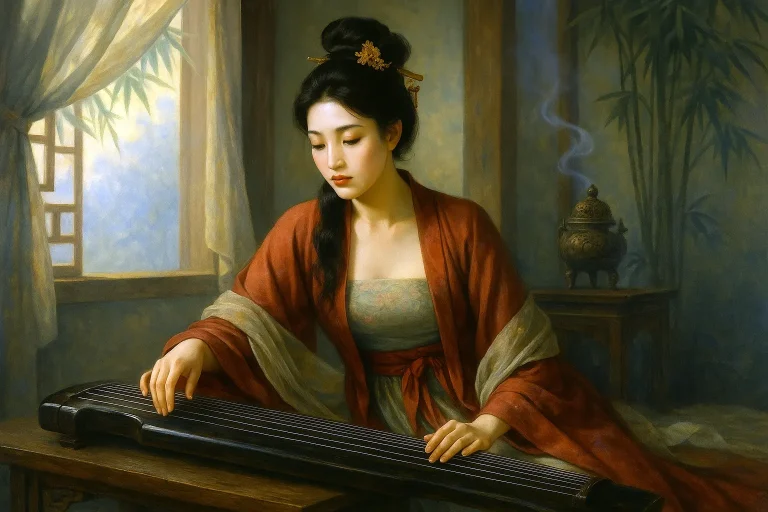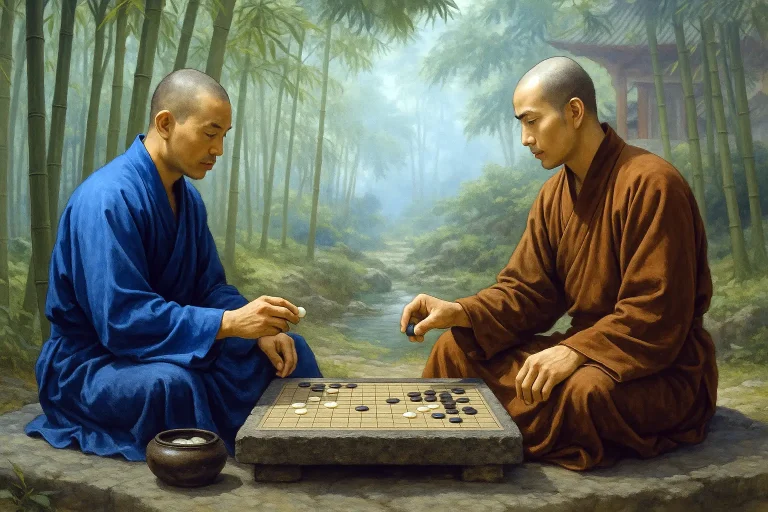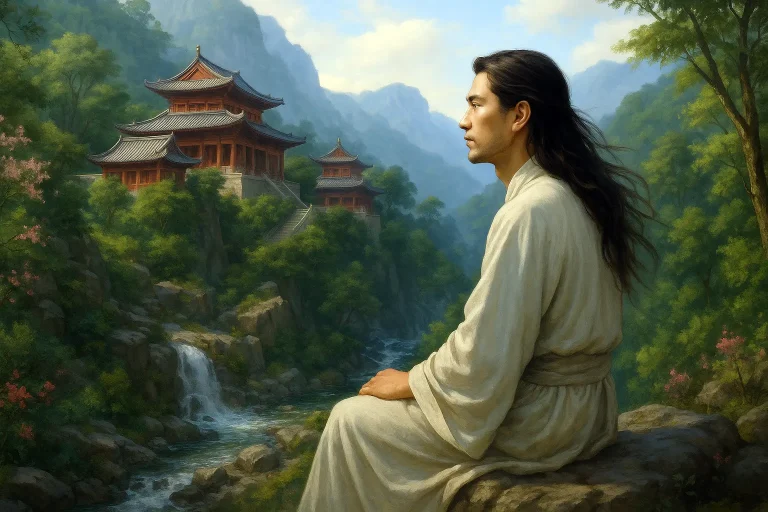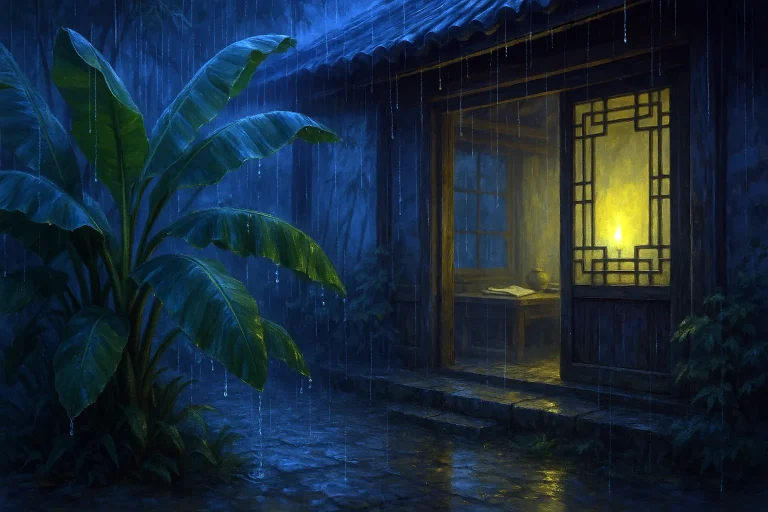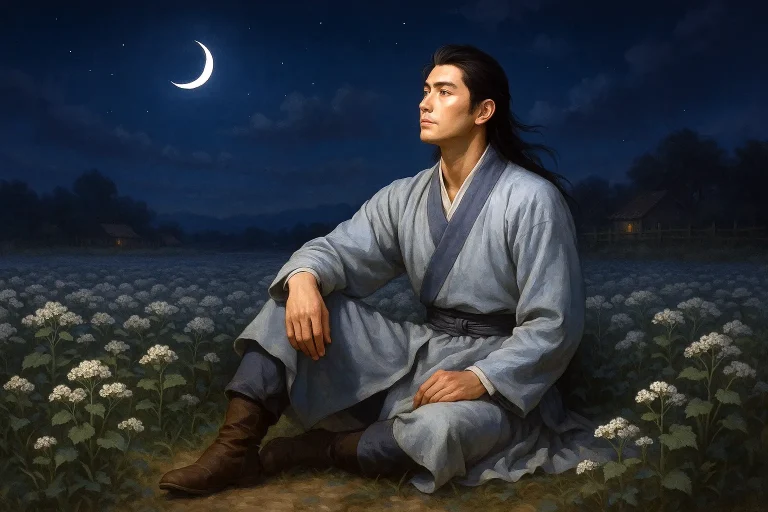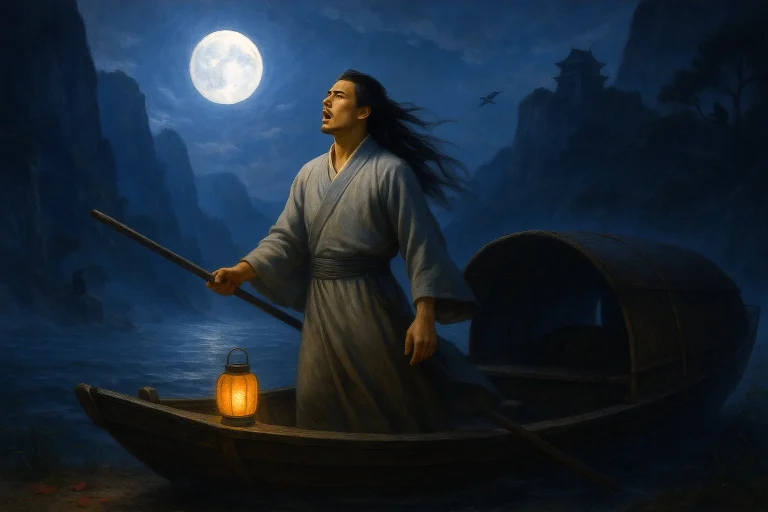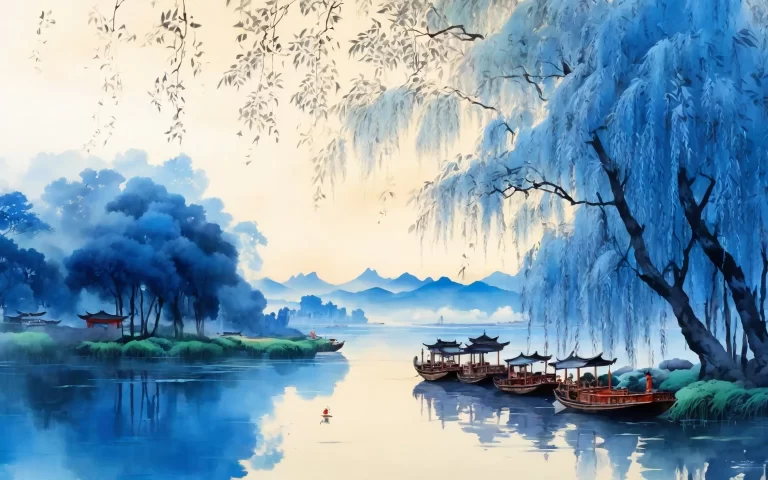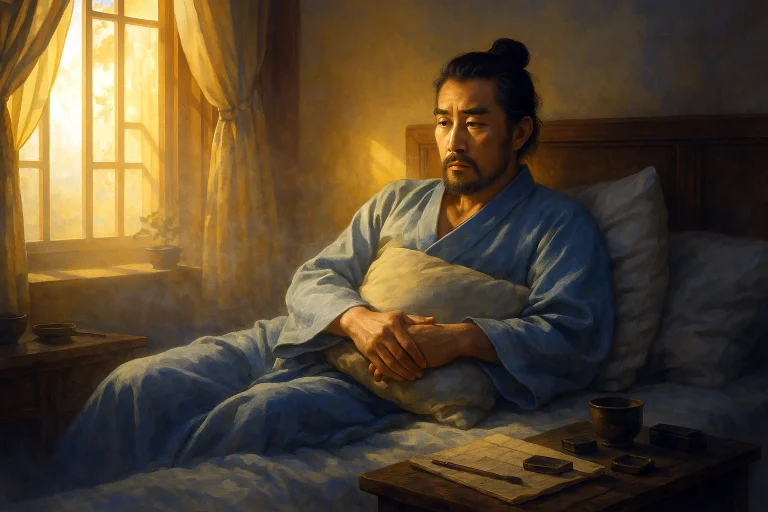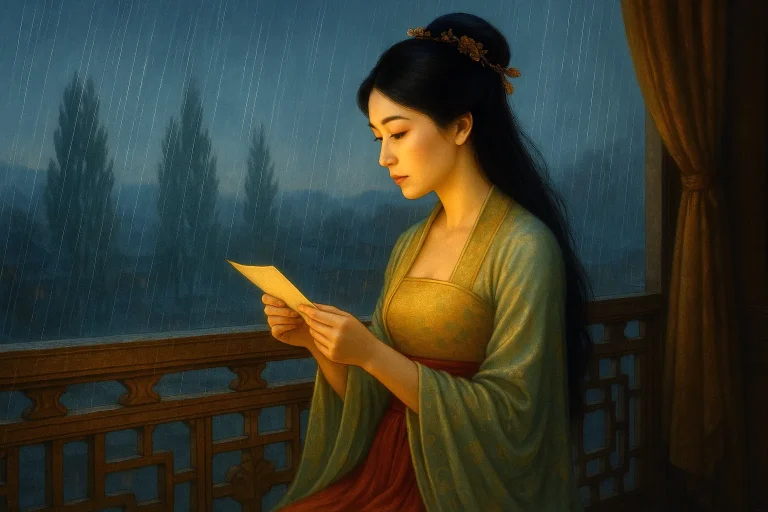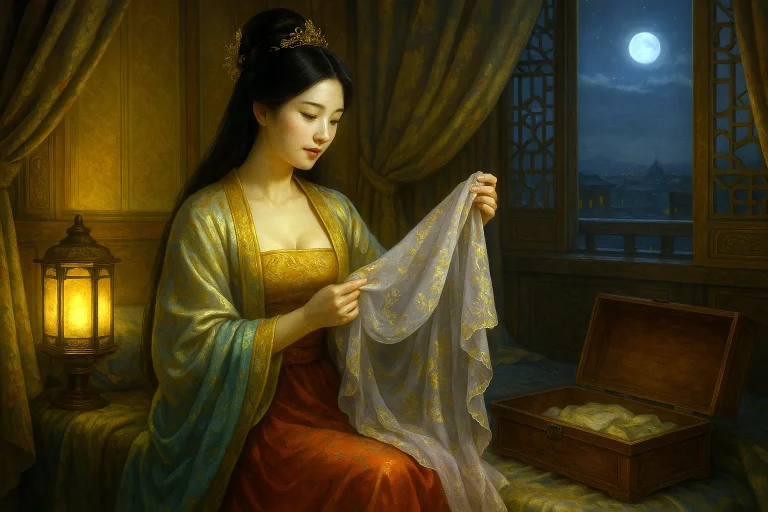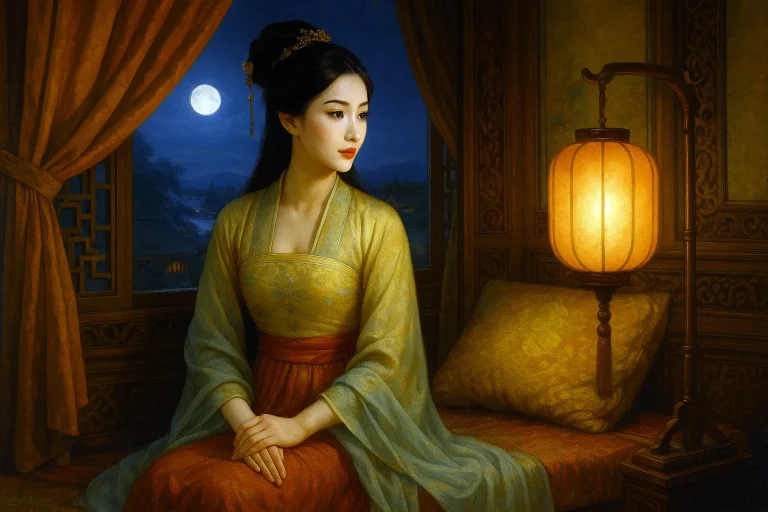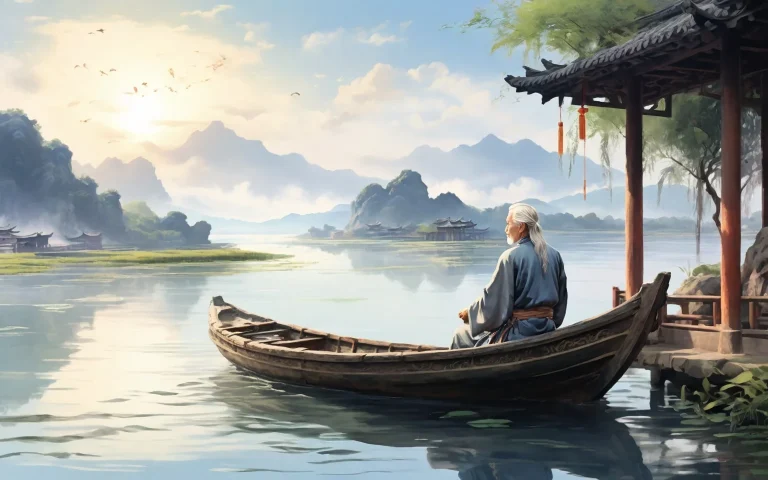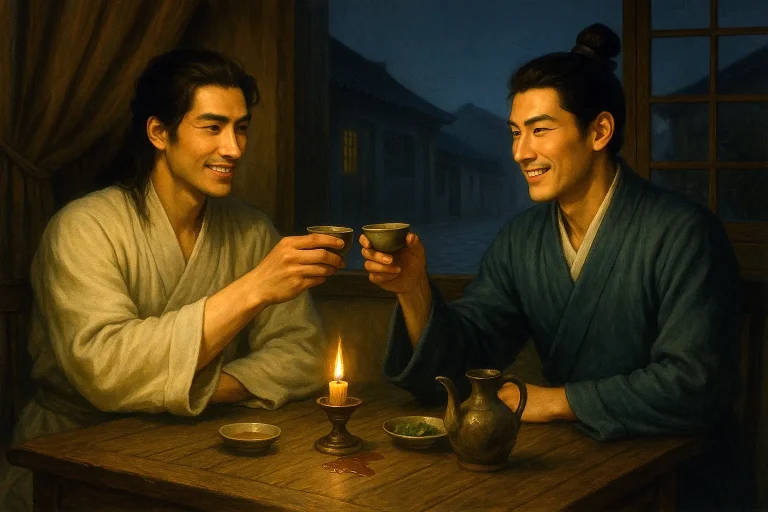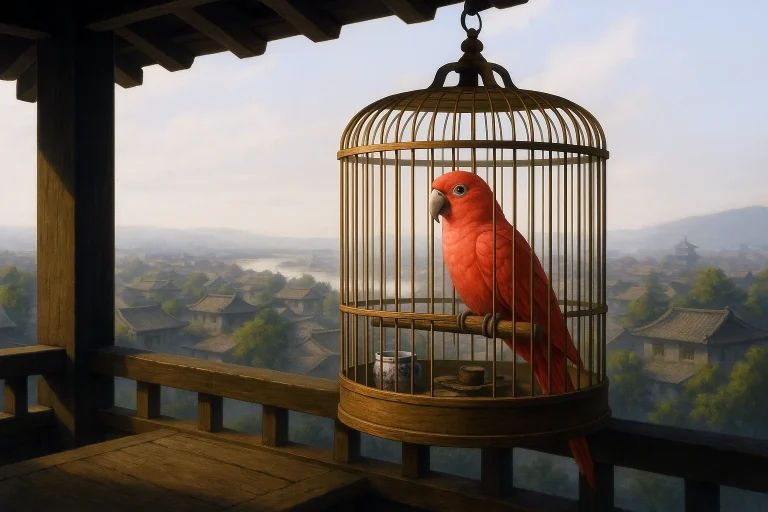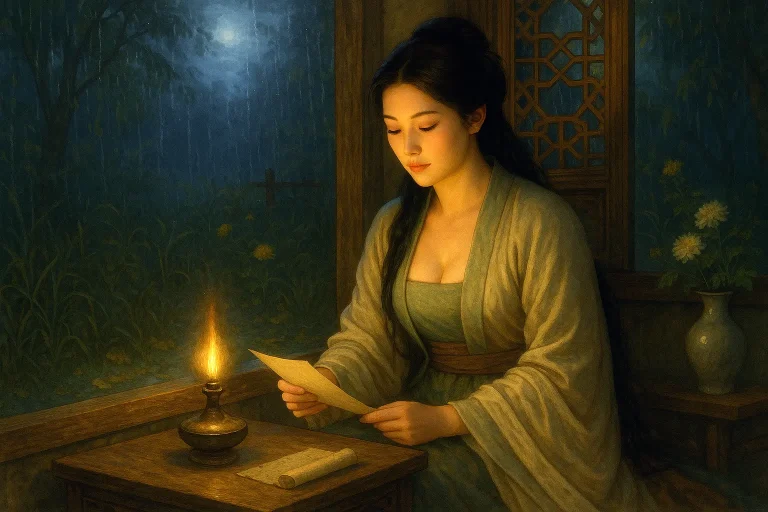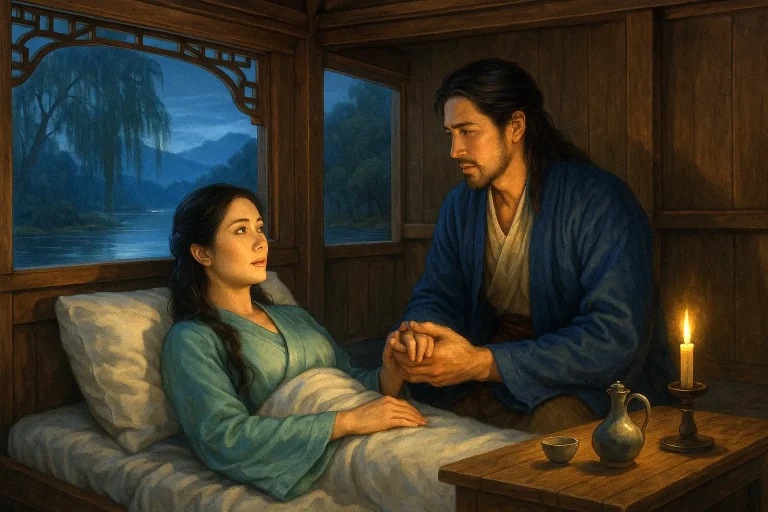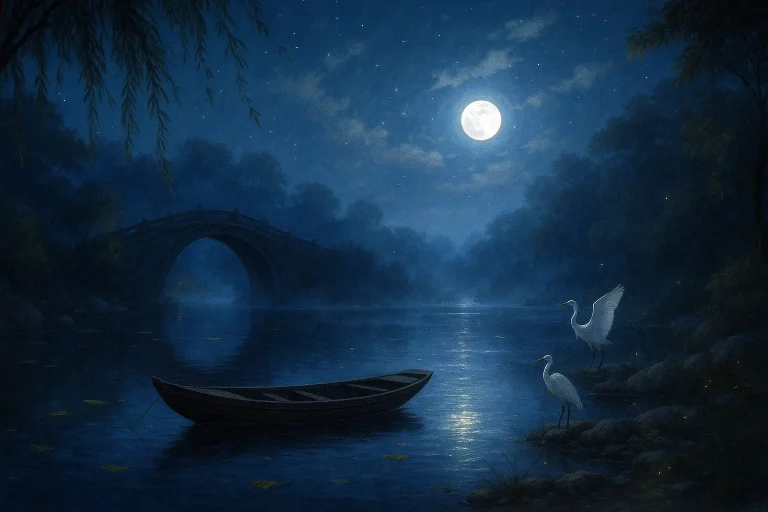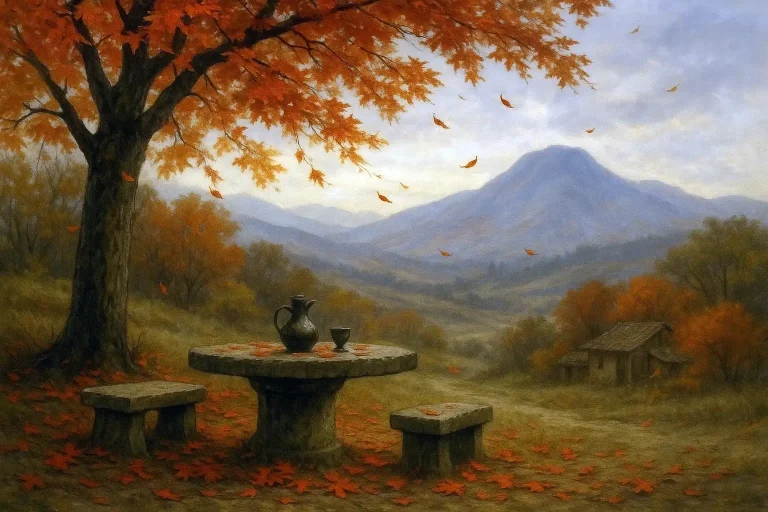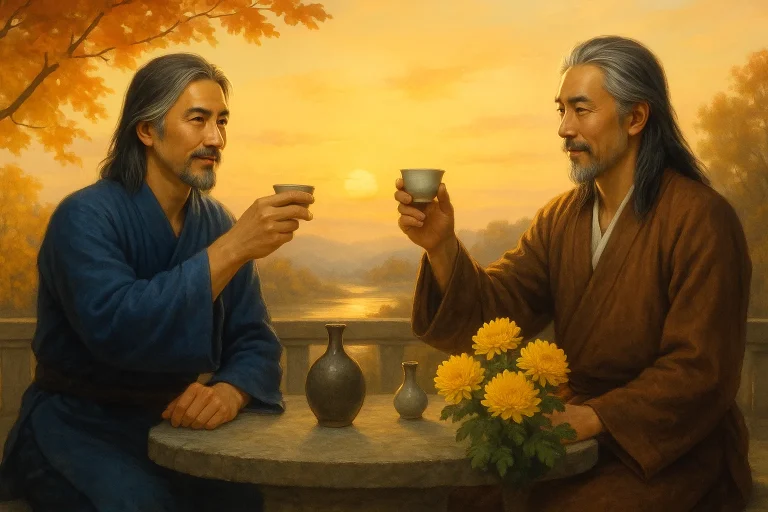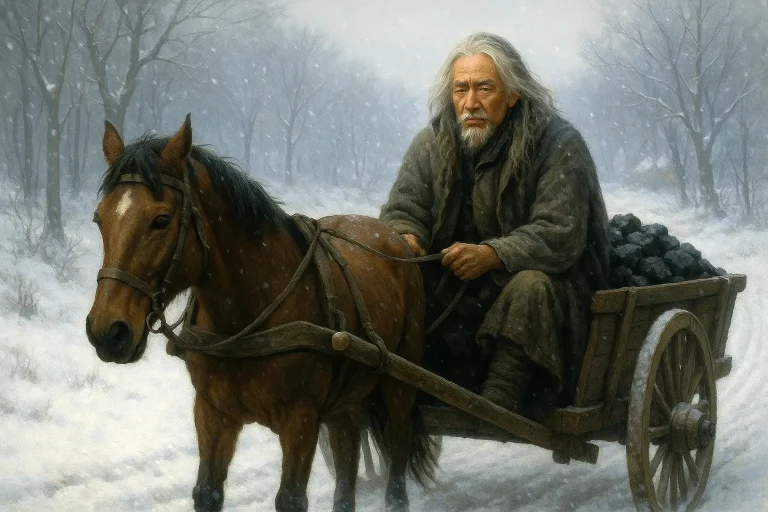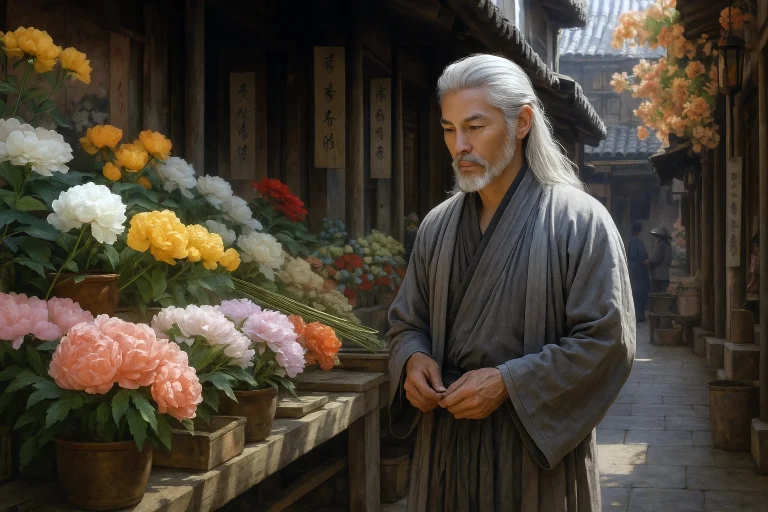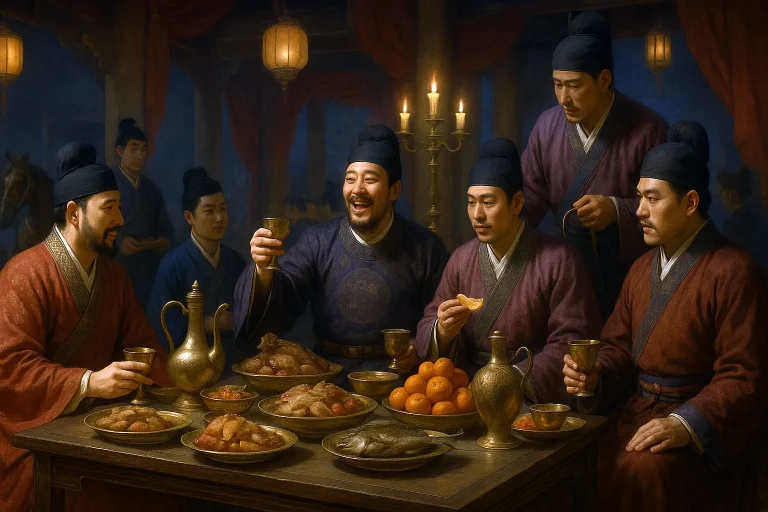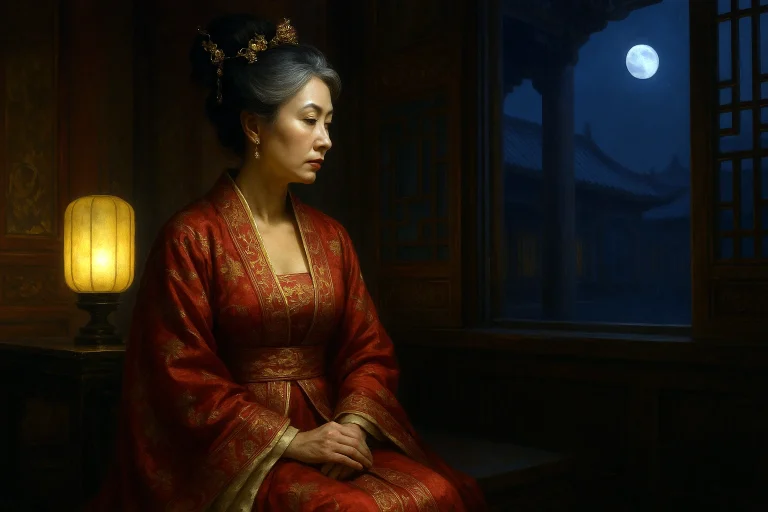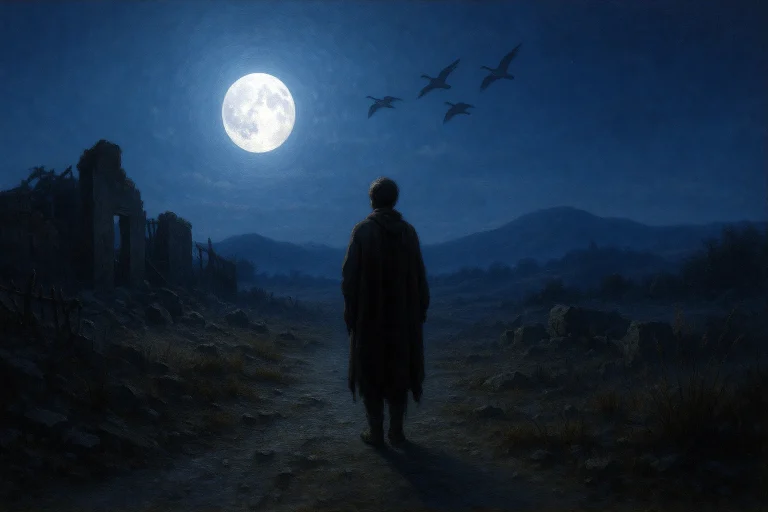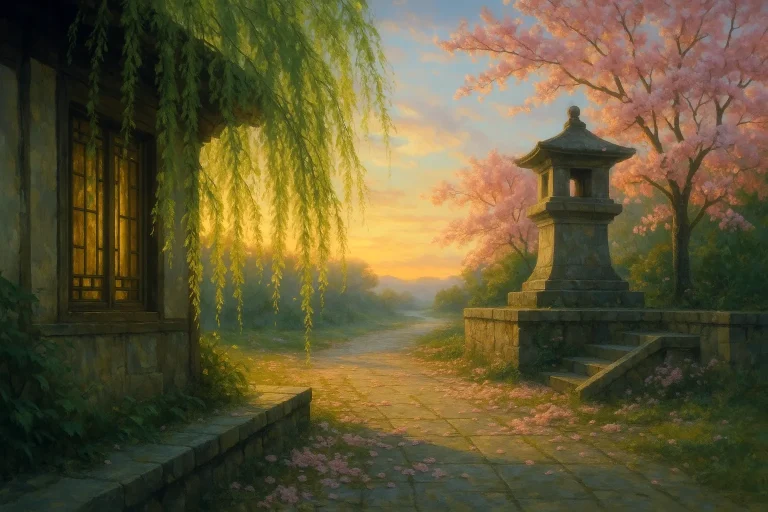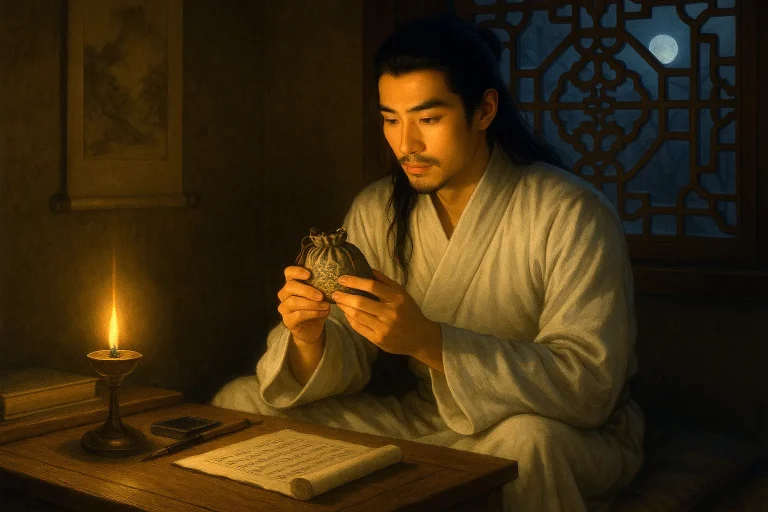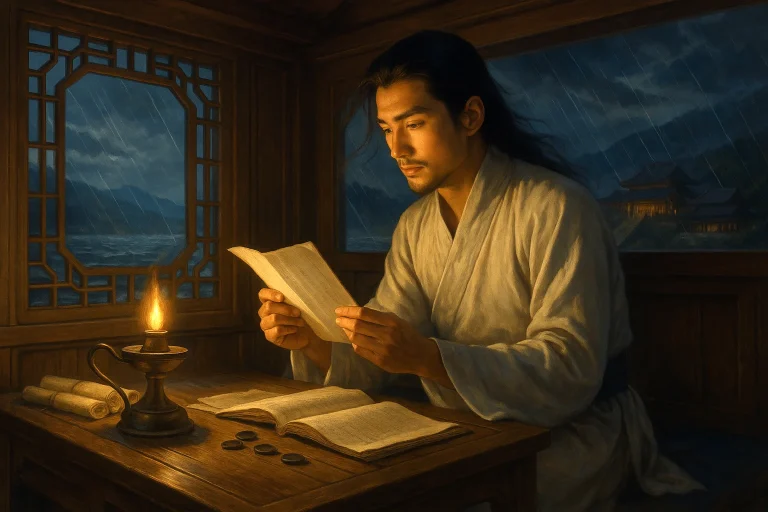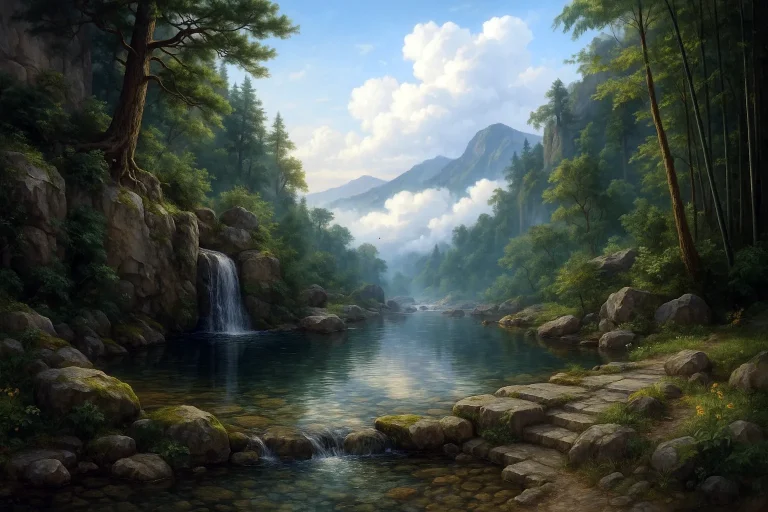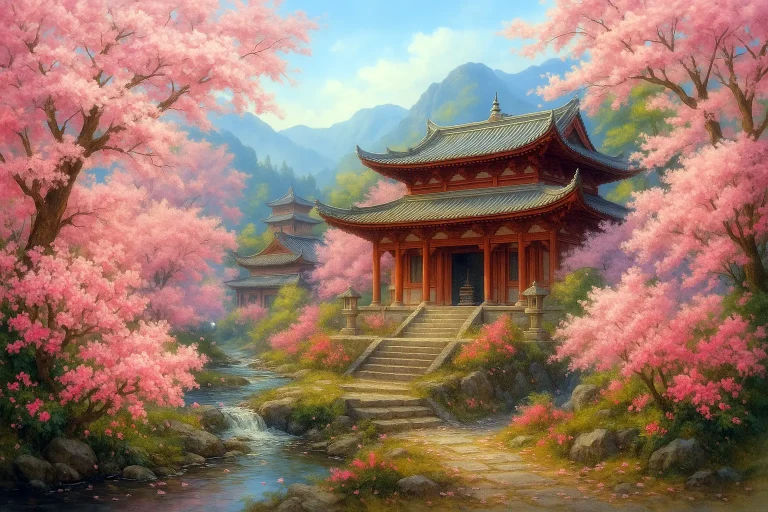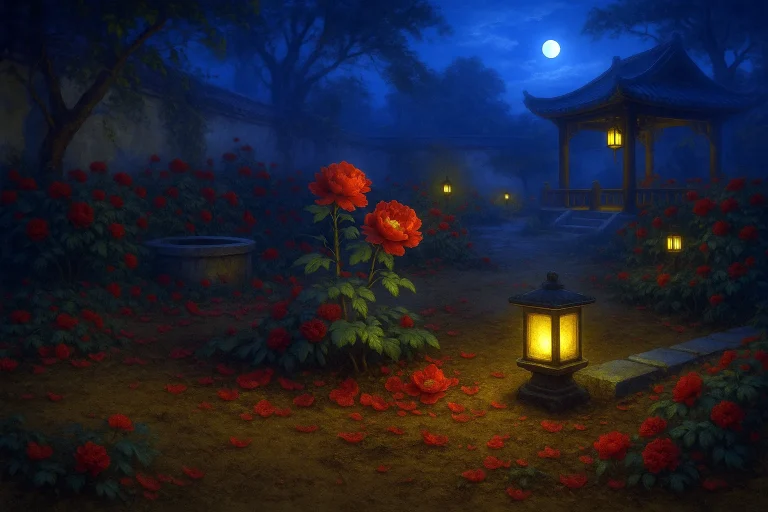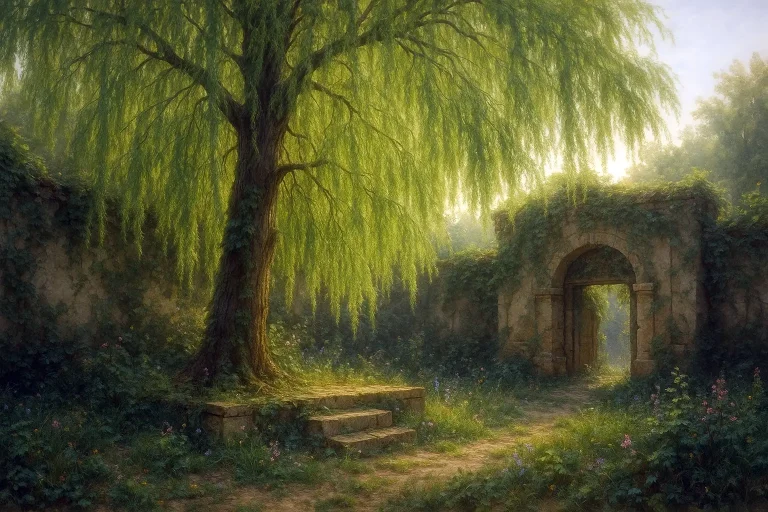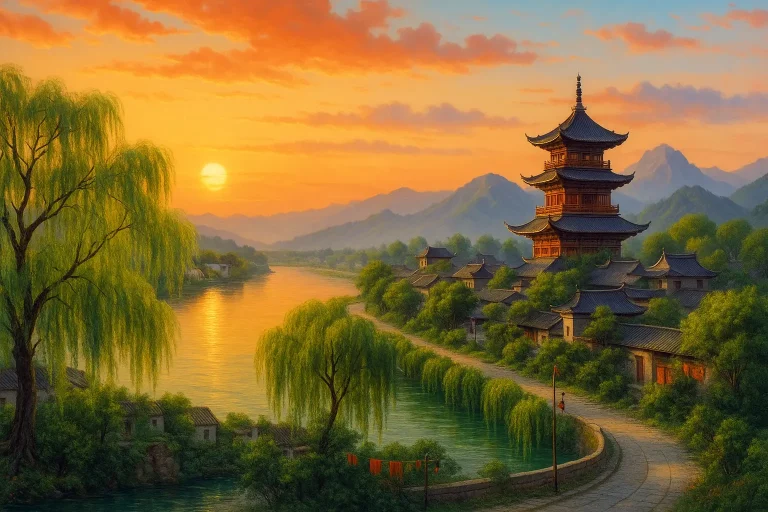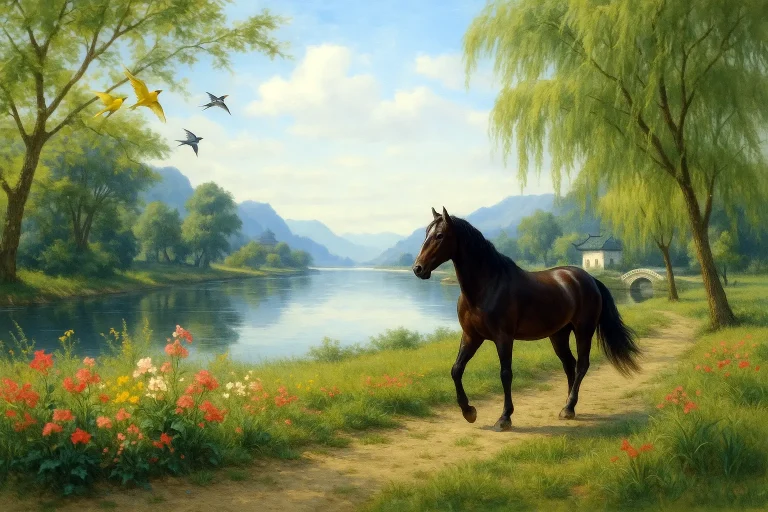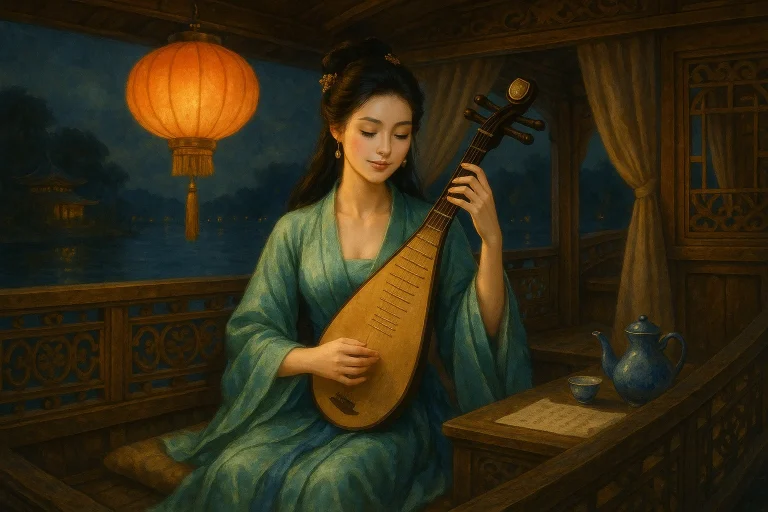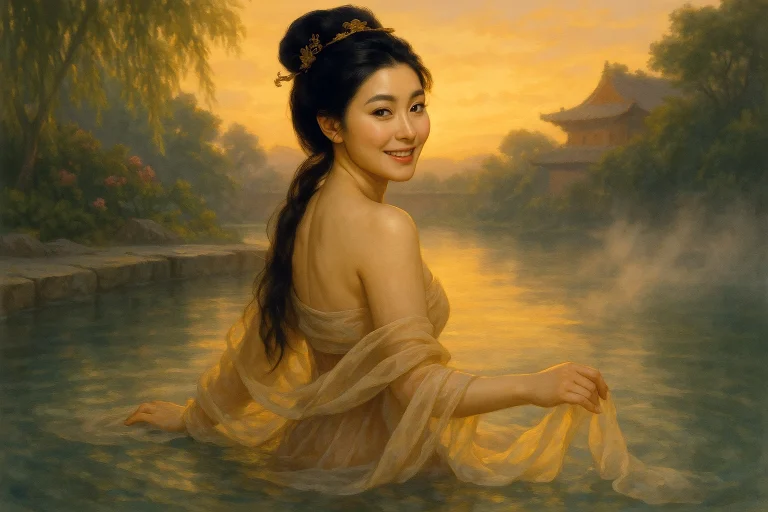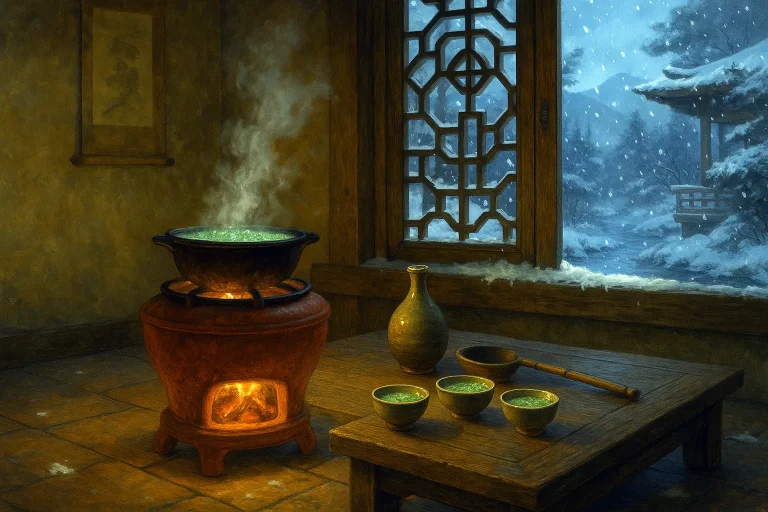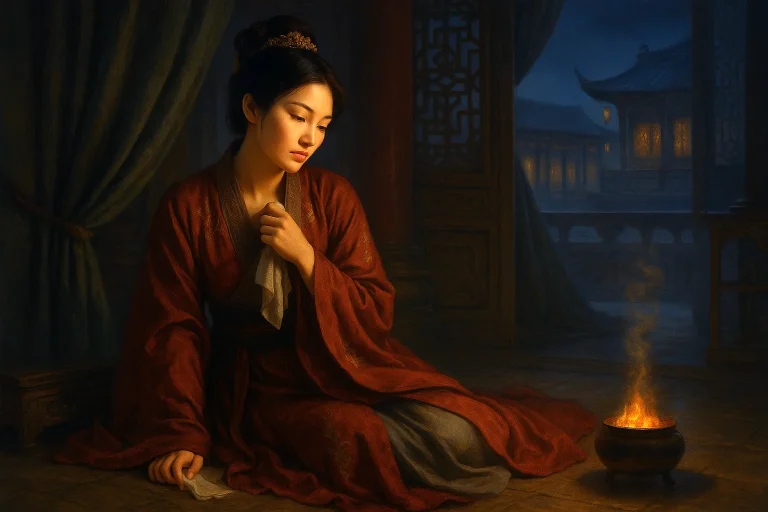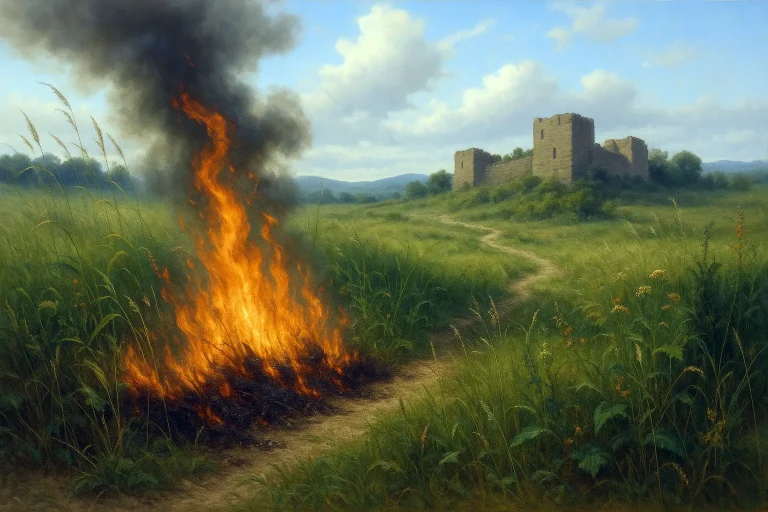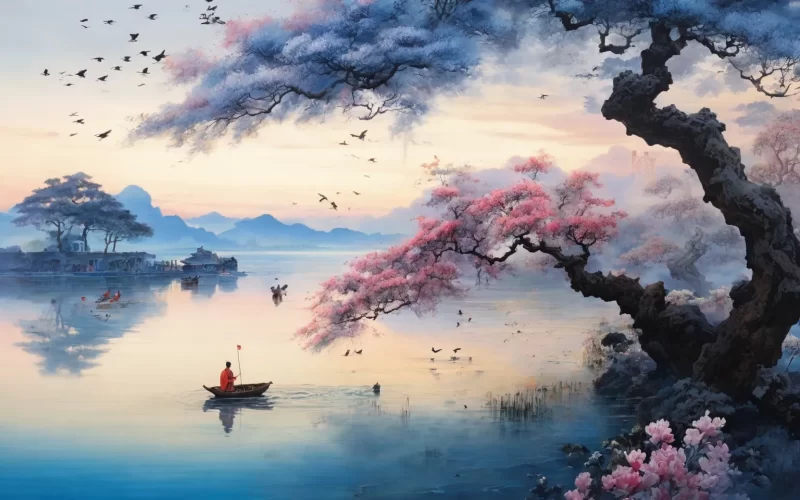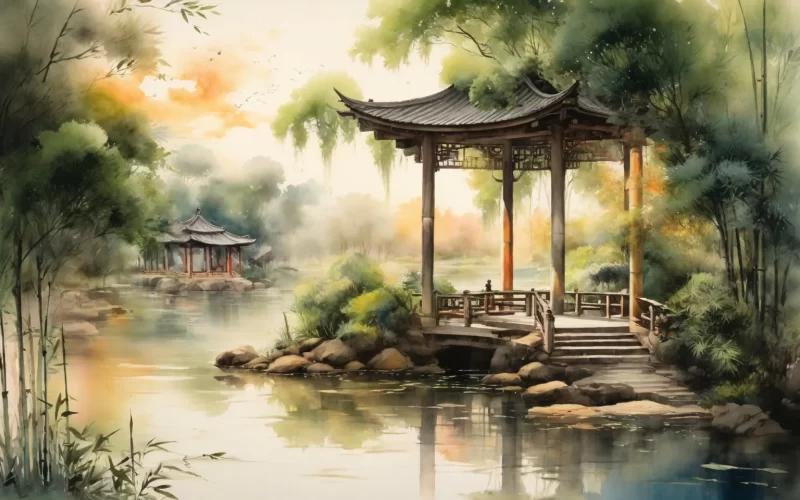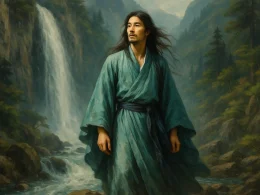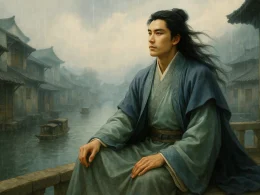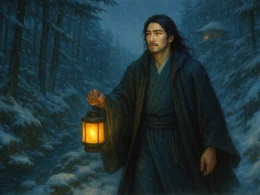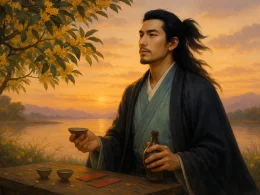Bai Juyi (白居易), 772-846 A.D., was the most prolific poet of the Tang Dynasty, with poems in the categories of satirical oracles, idleness, sentimentalism, and miscellaneous rhythms, and the most influential poet after Li Bai and Du Fu.
Major Works
Main Experience:
Bai Juyi was born in Henan Province. When he was a young man, he took refuge in the Yuezhong area at the age of twelve because of the chaos of the clans and towns. He suffered from the pains of displacement, and gained a sober understanding of the current situation of the society. Bai Juyi has always had great ambitions, long-term study, finally in 800 AD at the age of twenty-eight when he won the examination, and later served as the left picker. After the expiration of his term of office, the emperor allowed him to choose his own official position, and Bai Juyi chose the Beijing Zhao Household Cao Senator. When Bai Juyi's mother died, he temporarily left the government and returned to his hometown, as was the custom at the time.
In 816 A.D., Bai Juyi returned to the imperial court and became the Left Zanshan Daifu, which was only a famous but not a real official position. When the prime minister Wu Yuanheng was assassinated in the tenth year of the Yuanhe reign, Bai Juyi went beyond his duties to speak on the matter. A villain who had offended him in his early years took advantage of the opportunity to make false accusations, saying that Bai Juyi's mother fell into a well while enjoying the flowers, and that Bai Juyi had written poems that were unfilial to his mother, and he was relegated to the post of assassin of Jiangzhou; and Wang Ya, the head of the Central Book Office, wrote a letter to him, arguing that it was inappropriate for Bai Juyi to rule the county, and he was relegated posthumously to the post of Secretary of the Department of Jiangzhou. This relegation was a great blow to the poet, who shifted from his earlier ambition of being a man of the world to being a man of the world. Early thought in the original existence of Buddhism, Taoism, began to grow, in the Lushan Donglin Temple side of the construction of the Cao Tang, often read the scriptures and practice. During his tenure as the Secretary of Jiangzhou, Lotte wrote another famous long poem, "Pipa Xing".
In the fifteenth year of the Yuanhe reign, Emperor Xian died violently, and Emperor Mu Zong Li Heng assumed the throne, and Bai Juyi was recruited to return to the imperial court as a minister of the Zhongshu (中书舍人). He was soon disappointed when he arrived at the court, and found that the emperor was living in obscenity, ignoring the affairs of state, and that the prime ministers had low talents, failed in their rewards and punishments, and were powerless in the face of the thieves who were rampaging around. Bai Juyi appealed many times, but his opinion was not accepted. Disappointed, he asked for a foreign posting.
In his early years, he had grand ambitions, but later had to give up his ideals in the face of the dark reality. During the reign of Emperor Xianzong, Bai Juyi, when he was first elected to the Hanlin Academy, thought he had met the emperor of all time, and had great fantasies about Emperor Xianzong, intending to serve him. After encountering setbacks, Bai Juyi changed his attitude towards life in his early years. However, since his fall to Jiangzhou, he never gave up his poetic work as a poet. The satirical poems of his early years were seldom written in his later years, but there are still some poems that care about the suffering of the people, showing that the poet did not forget the suffering of the people. In his later poems, what he expressed most was the ideological sentiment of poetry and wine, freedom and contentment, and the knowledge of life and not worrying about it, and this sentiment had a great influence on later poets as well. In his later years, Bai Juyi was never complicit with the eunuchs, nor did he intervene in the Niu-Li Party, which was highly praised by later generations. In Hangzhou, Suzhou, and other places, Bai Juyi built water conservancies and did many things in favor of the people. During his tenure as assassin of Hangzhou, he led the people to build the Qiantang River, which could irrigate thousands of hectares of farmland. In his later years in Luoyang, he gave his family money to excavate Longmen Bajie Beach to facilitate the passage of oars.
Literary Achievements:
Bai Juyi was the most prolific poet of the Tang Dynasty and the most influential poet after Li Bai Du Fu. Bai Juyi once categorized his poems into four types, satirical poems, leisurely poems, sentimental poems and miscellaneous poems. Bai Juyi himself valued satirical poems the most.
1. Satirical Poetry
Bai Juyi advocated direct attention to the major socio-political issues of the day, using poetry to reflect the pulse of the times and social changes. His works, involving all aspects of history and society at that time, exposed many social ills, achieving the purpose of "relieving people's illnesses and making up for the problems of the time", and "cutting the teeth" of the powerful and the rich, giving full play to the role of the dagger and the projectile, and truly becoming a "mirror" reflecting the times. The Duling叟" is a "mirror" reflecting the times. The poem "Du Ling Cao" was written for the purpose of "hurting the hardship of farmers". The background of the poem is that from the winter of 808 AD to the following spring, there was a great drought around Chang'an, and the left collector Bai Juyi submitted a petition requesting for a reduction of the rent and tax, and Emperor Xian granted the area of the capital city to be exempted from the tax, but in fact, it was nothing but a piece of paper. The poet reveals the truth of the matter through what happened to Dulingsuo. In "The Charcoal Seller", the poet exposes the nature of the Tang court's "palace market" through his depiction of the charcoal seller's encounter.
Bai Juyi's satirical poems are simple and simple, straightforward and fast-paced, and have reached a high level of artistic excellence.
2. Song of Eternal Hatred and Pipa Xing
The Song of Eternal Hatred and Pipa Xing are among the most popular of Bai Juyi's poems, embodying the highest artistic achievement of Bai Juyi's poetry.
The Song of Eternal Hatred is a love story between Emperor Xuanzong of the Tang Dynasty and Yang Guifei, in which Emperor Xuanzong's indulgence in love led to the wrongdoing of his country, while Yuhuan's favor led to chaos, and the poet's infinite sympathy for their tragedy deeply touched the poet himself and shocked readers throughout the ages.
Pipa Xing is a lyrical narrative poem about the difficulties of his life. In the narrative and lyricism, the poem outlines a picture through exquisite imagery, and connects the pictures with changing rhythms, with ups and downs. The poem portrays two characters, one is the "cold down in front of the car, the old married to a businesswoman," the Chang'an geisha, and the other is "banished to lie sick Xunyang City," the feudal officials. "I sympathize with the pipa girl, understand her, and take the initiative to compare myself with the lower class of the society, and take her as my soulmate, which is rare in the history of Chinese poetry.
3. Other Poems
In addition to the poems described above, Bai Juyi's collected poems contain a large number of popular masterpieces, which express the poet's rich emotional world in terms of affection, friendship, love, and landscapes.
The poems describing affection, such as "Handan Winter Solstice Night Thinking of Home", in just four lines, not only writes about the psychology of the poet in the Handan stage, but also writes about the thoughts of his family thousands of miles away, and the strong affection is soaked in it.
Bai Juyi was a person who valued friendship very much, and there are many verses in his poems describing friendship, and his friendship with Yuan Zhen, Liu Yuxi and others has been passed down through the ages. Small poems like "Ask Liu XIX" are easy to write and natural in nature. The red and green colors and the intoxicating friendship are also treasures in the poetry world.
There are many of his poems depicting natural beauty. In a seven-line poem, the poet writes about Hangzhou's attractions, legends, specialties, lake scenery, etc., which is very large and concentrated. The poet puts all these in a specific background like early spring to depict, and it is what he sees when he is "looking", so the angle he chooses is not out of the ordinary. The poem is full of bright colors, including dawn, sunset, blue sky, white sand, willow, red sleeves, green flags, green grass, pear blossoms ...... These colorful colors adorn the beautiful Xizi Lake and Hangzhou City, making the ancient city more and more graceful and beautiful.
Ming Jiang Yingke said: "before not according to the ancient kind, after not according to the coming discussion. I mean to follow the pen, everything in the world is included in my poem. I don't know how much the realm of poetry has been expanded by Mr. Bai." ("Xue Tao Novel") Bai Juyi's poetry expanded the realm of ancient poetry, formed his own artistic style, and occupied an important position in the history of the development of ancient Chinese poetry.






